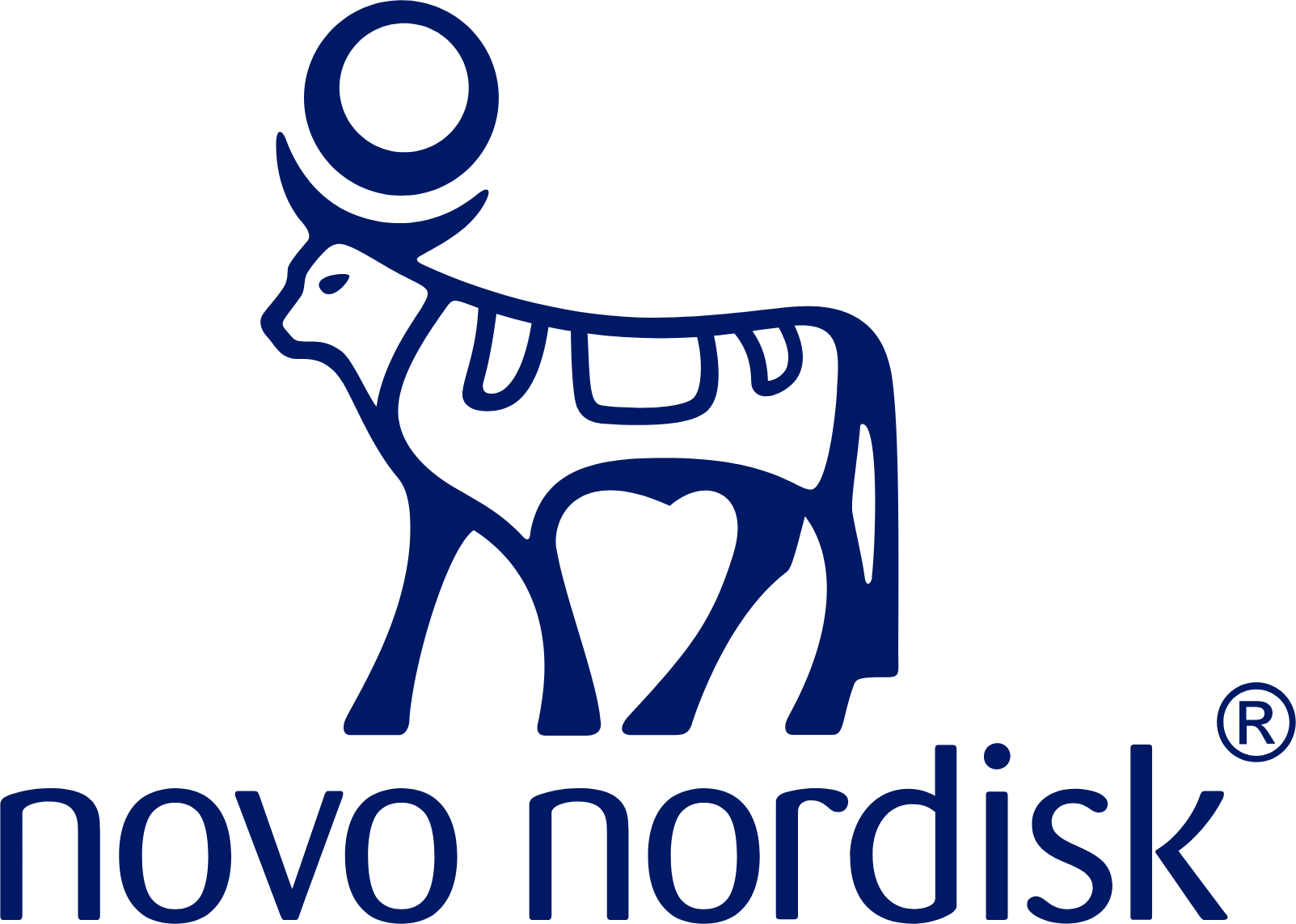
Addressing challenges of Alzheimer’s therapy and diagnostic value assessment in Europe
ABOUT PAVE
A forum for advancing collaboration and understanding among stakeholders with the aim of enhancing value assessment of Alzheimer’s therapies and diagnostics
Project Alzheimer’s Value Europe (PAVE) is a consortium of organizations created to increase collaboration and understanding between key stakeholders in the Alzheimer’s ecosystem within Europe, including regulators, bodies responsible for health technology assessment, payers, clinicians, patient advocates and industry. PAVE’s work builds on the Pathways for the Introduction of Alzheimer’s disease Treatments (PIAdT) initiative and leverages European-focused stakeholders and experts.
“The range of potential Alzheimer’s interventions, the complexities of the disease and the patient population will create challenges for the current approach to, and structure of the models currently used in value assessment for both future Alzheimer’s treatments and diagnostics.”

Alzheimer’s disease incidence in Europe is projected to increase by 87% between 2010 and mid-century, with predictions suggesting that 16.5 million people in the region will be living with the condition by 2050.
Laura Campo, International Corporate Affairs Lead, Alzheimer’s disease, Eli Lilly
“Decades of scientific research have drastically improved our understanding of Alzheimer’s disease, but there is still important work to do to connect new innovations to the patient communities that could benefit from them most. We know that preventing or delaying cognitive decline associated with Alzheimer’s relies on diagnosing and treating the disease earlier, requiring greater focus on early detection and expanded access to cutting-edge diagnostic methods. By ensuring health systems keep pace with scientific innovation we have the opportunity to revolutionize our approach to Alzheimer’s management and unlock a better future for people living with this devastating disease and their loved ones.”
OUR WORK
Focus on implementation and affordability as well as therapy valuation
Implementation and Affordability
Educate policymakers, payers and other influencers in key European countries on the need for financing models that provide a realistic and enduring solution for ensuring that incentives within the health system are aligned and reflect the public health impact and broader value of future Alzheimer’s disease innovations for society.
Alzheimer’s Treatment / Therapy Valuation
Work with European payers and policymakers to develop solutions related to the value assessment of, and funding / financing for future Alzheimer’s disease therapies and diagnostics.
“If today’s models for measuring and assessing value exclude the holistic and societal benefits of Alzheimer’s disease treatments and diagnostics, access to and funding for future Alzheimer’s innovations will be a significant challenge.”

1
Generate an understanding of the evidence currently available for assessing value, and gauge interest in innovative holistic value assessments for future Alzheimer’s treatments and diagnostics.
Objectives
2
Propose a framework for how modeling should be addressed, inclusive of key societal impacts of the disease (e.g., carer burden, carer health outcomes, productivity / hours, tax revenue, etc.).
3
Propose potential financing models that provide a realistic and enduring solution for ensuring that incentives within the healthcare system reflect the public health impact and broader value of future Alzheimer’s disease innovations for society.
OUR AIM
Addressing challenges and complexities in Alzheimer’s disease treatments
The range of potential interventions, the complexities of the disease and the patient population will create challenges for the current approach to, and structure of the models currently used in value assessment for both future Alzheimer’s treatments and diagnostics.
If models for measuring and assessing value exclude the holistic and societal benefits of the Alzheimer’s disease treatments and diagnostics, access to and funding for future innovative Alzheimer’s treatments will be a significant challenge.








